Intro to social and political philosophy midterm
1/39
There's no tags or description
Looks like no tags are added yet.
Name | Mastery | Learn | Test | Matching | Spaced |
|---|
No study sessions yet.
40 Terms
What is the simplest way to understand politics?
kangaroos fighting
What is considered the essence of most political disagreements? (the basics)
change(liberal) vs. status quo(conservative)
Formal Meaning of Conservatism
a preference for the present or the past
Situational meaning of conservatism
a preference for THIS present or past
Philosophical meaning of conservatism
a preference for:
- tradition and custom over novelty and reason
- hierarchy over equality
- nature over nurture
What was Plato known for?
student of Socrates, wrote The Republic, conserving aristocracy(conservative)
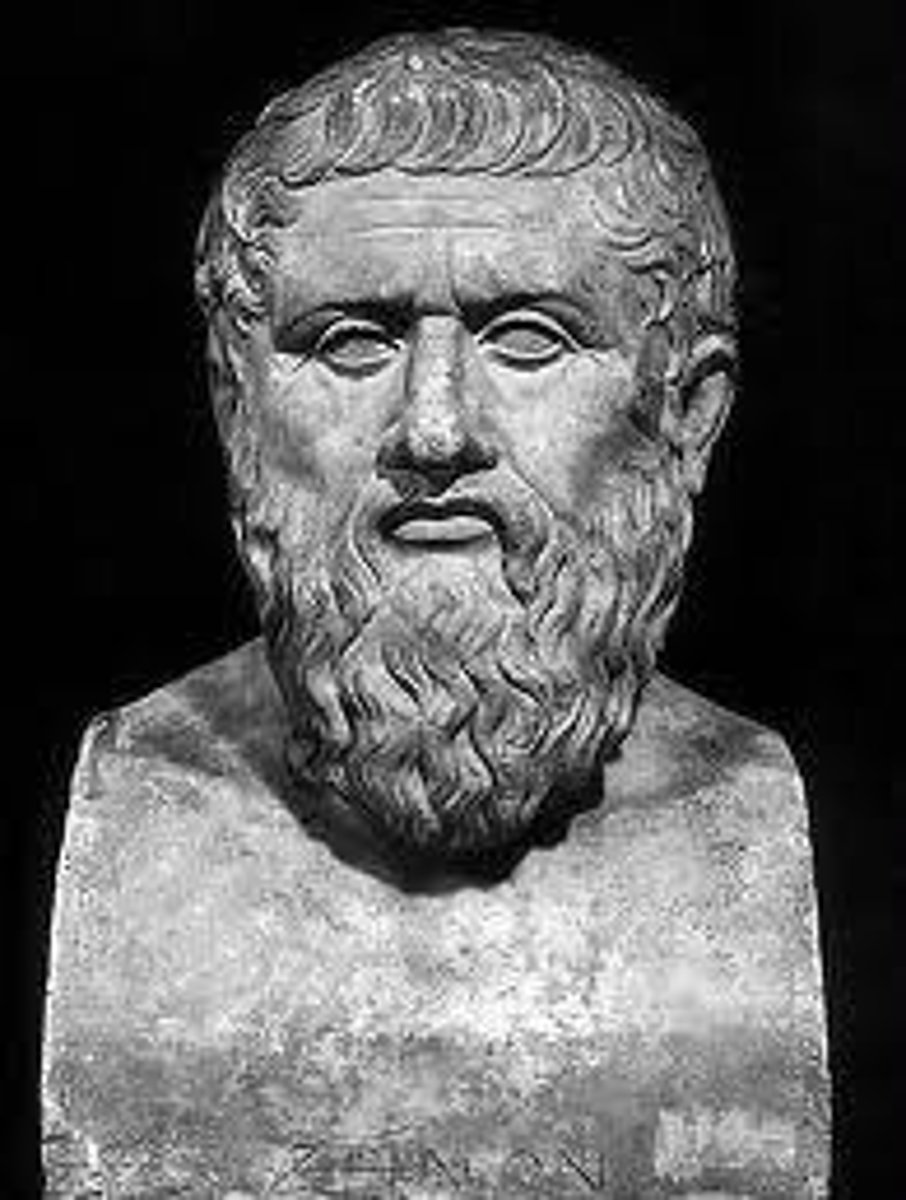
What was Thomas Hobbes known for?
Leviathan, "life is solitary, poor, nasty, brutish, and short," believed in absolute monarchy., wanted to conserve the monarchy(conservative)
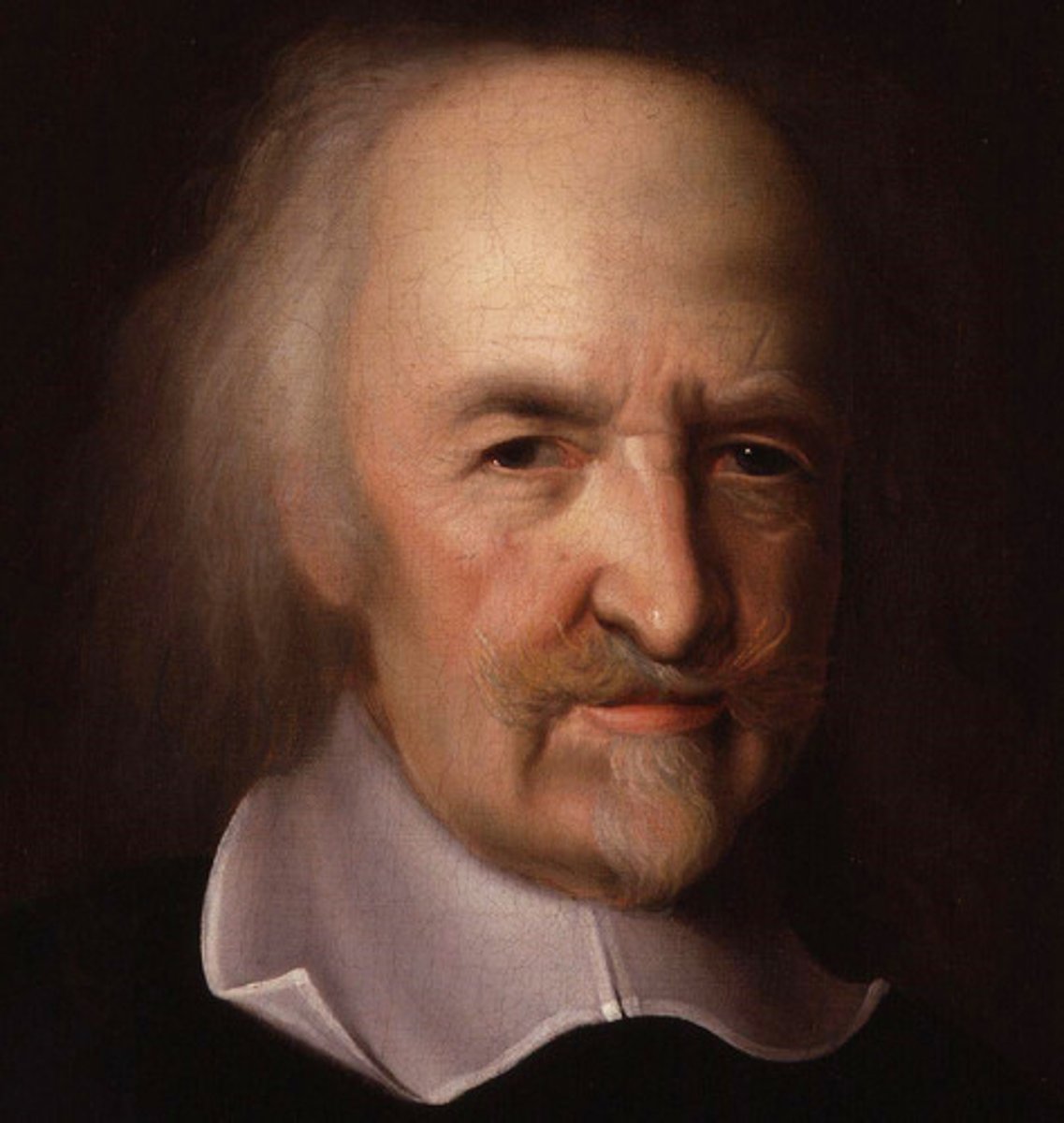
What was Edmund Burke most known for?
Reflections on the Revolution in France, believed in conserving monarchy(conservative)
Formal meaning of liberalism
a preference for freedom/change from the present
Situational meaning of liberalism
a preference for specific changes to some actual present
Philosophical meaning of liberalism
A preference for:
- new ideas/reason over tradition and custom
-equality over hierarchy
-nurture over nature
What is John Locke known for?
natural law, social contract, influencing the Declaration of Independence; two treaties of government (1st-Against Divine Right of Kings; 2nd- For government by consent)
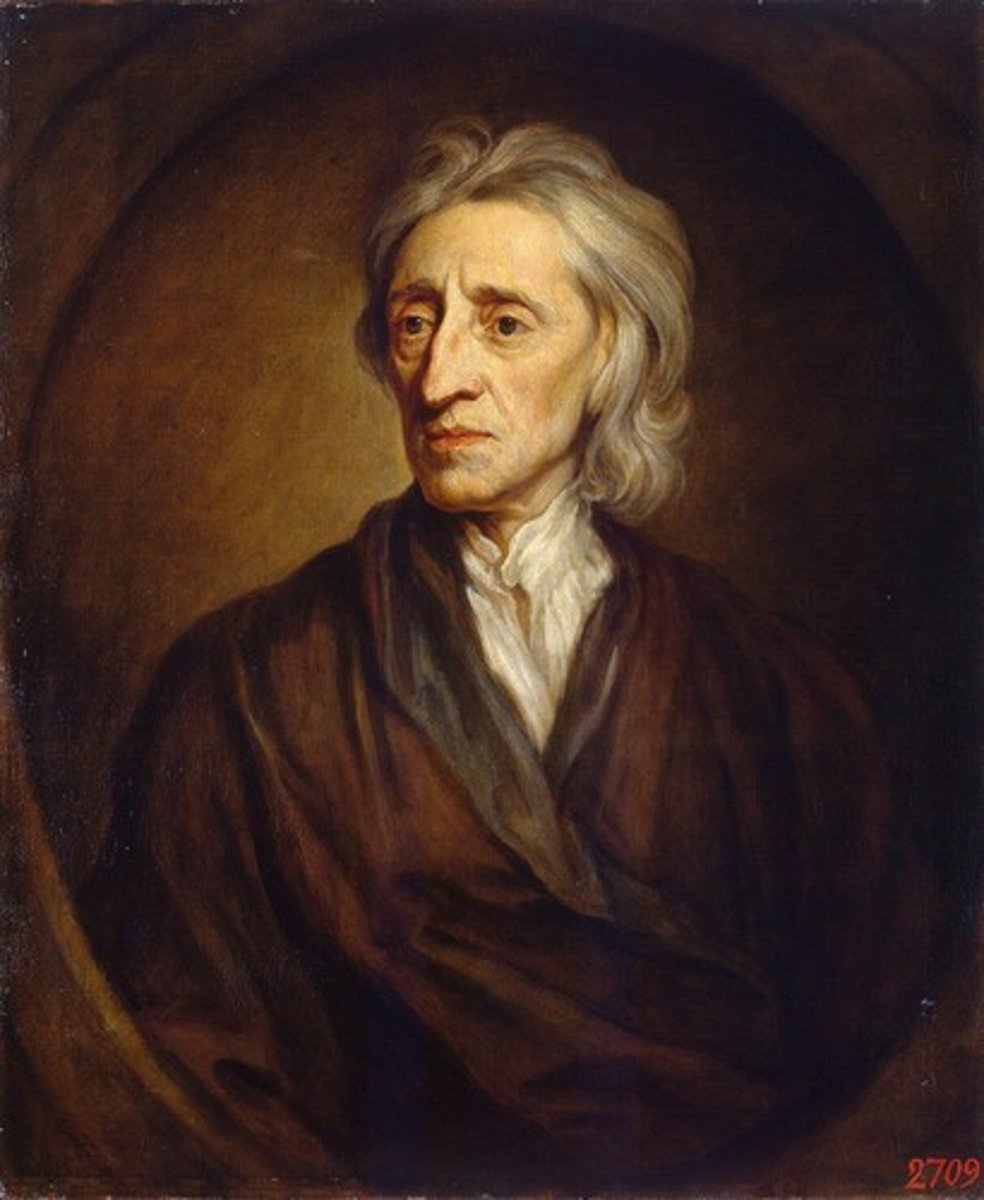
What is Adam Smith known for?
He wrote The Wealth of Nations, a capitalist book. Father of modern economics.
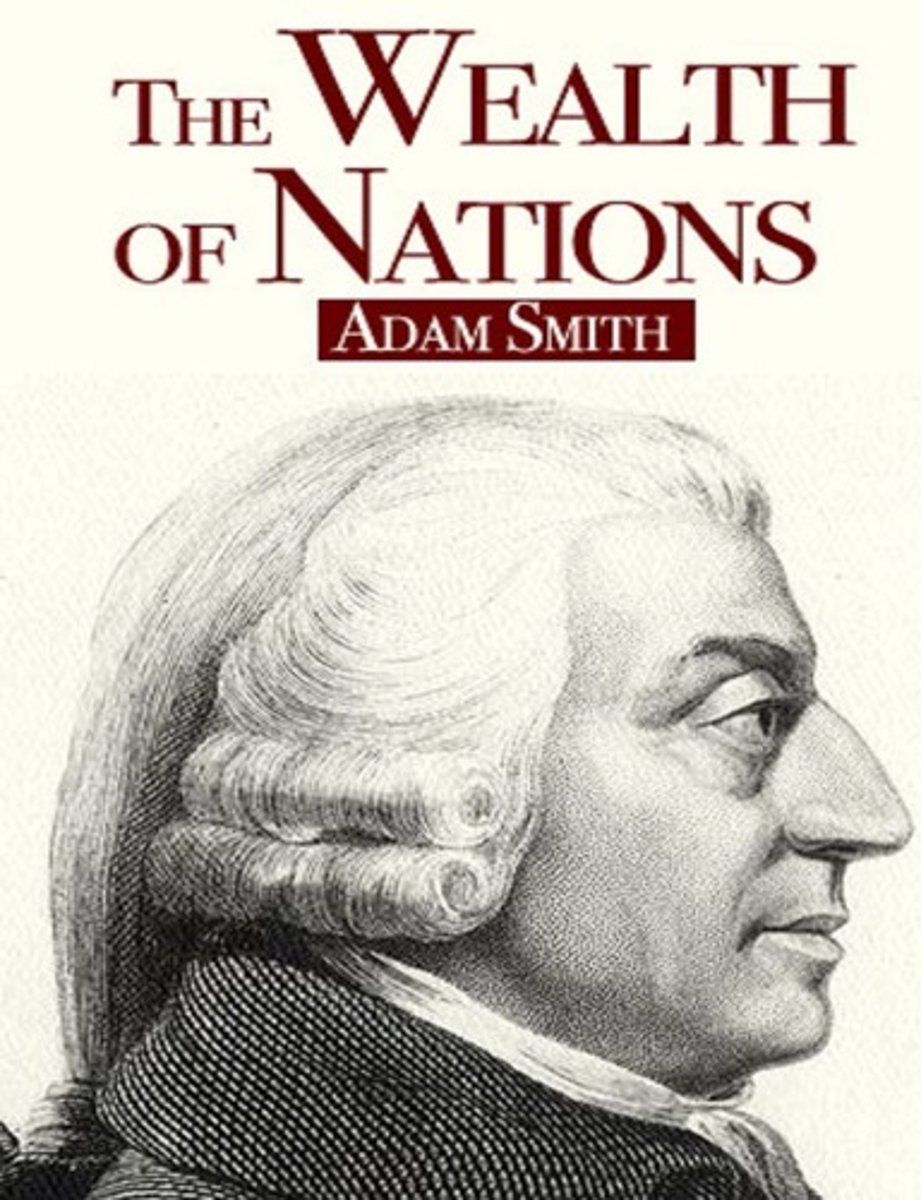
Mary Wollstonecraft
A Vindication of the Rights of Women
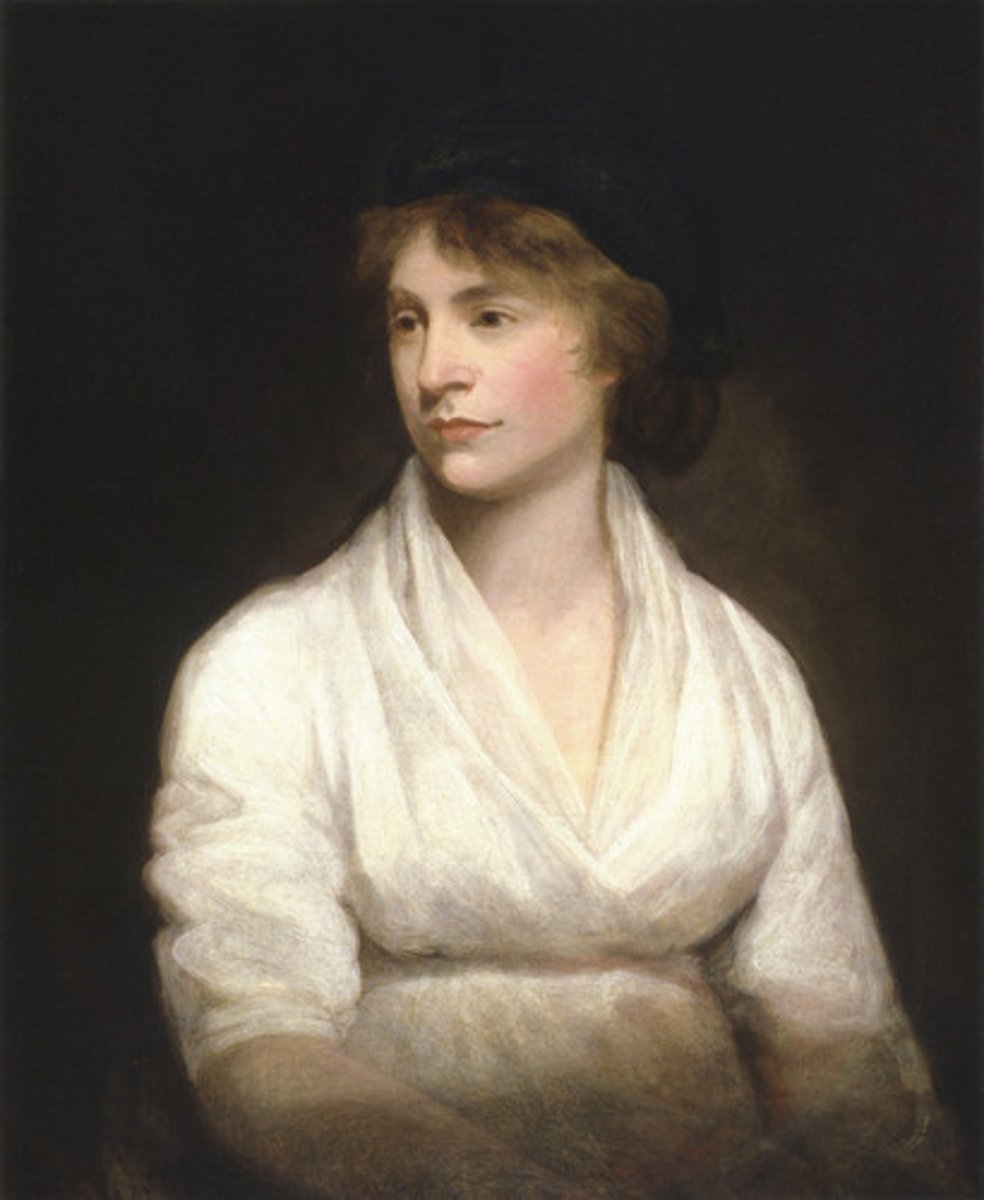
Frederick Douglass
Speech on Fourth of July; talks about how even though white people are celebrating, all of "his" people cannot because they are in slavery
The Constitution
A document which spells out the principles by which a government runs and the fundamental laws that govern a society; Philosophically: To create a government, by consent, to secure the rights of the governed
Four "self-evident" truths of America
1. All Men are created equal
2. All Men have unalienable rights including life, liberty, and the pursuit of happiness
3. Governments are instituted by the consent of the governed to secure these rights
4. If the Government becomes destructive of its ends, it is the right of the people to alter or abolish it
What are the threats to our rights?
1. Threats from above
2. Threats from below
Threats from above
people in power, elites, military, economic pressures
Threats from below
challenges from ordinary citizens, i.e. social movements or protest
Two solutions to threats from above
- federalism
- separation of powers
What is the percentage/ratio that people have a say in government?
1/6; 16%
Two solutions to threats from below
- A republic
- A BIG ASS republic( the US)
Why is a BIG ASS republic good?
Size matters! The more people, the less "factions" are dangerous
Federalist 1
Alexander Hamilton
In 1787 the newly-drafted US Constitution was sent to the thirteen states for ratification. Soon, however, Anti-Federalists essays disapproving what the document contained began to surface later that month. It is in Federalist No. 1 that Alexander Hamilton expresses his motives to change the Anti-Federalists' opinion and get the document ratified. Hamilton clearly states in the first letter that opinions will always contain bias when it comes to important matters such as the US Constitution. The essay's main purpose is to force citizens to acknowledge that their current government is not worth keeping compared with the ideas of the Constitution.
Federalist 10
Topic = factions (interest groups); minority factions controlled by majority; majority faction controlled by greater size of USA + virtuous leaders, James Madison-"Father of Constitution"
Federalist 51 (Madison)
Separation of powers & checks & balances protects against tyranny
Who was a liberal in politics?
John Locke
Who was a liberal in economics?
Adam Smith
Who has remained the most dominant conservative party over the last 60 years?
Republican party
Why is it good to have a multiple party system?
- does not give one portion of people too much power
- makes sure that people learn from the past
What are the three meanings of conservatism/ liberalism?
- formal
- situational
- philosophical
Who wrote about how sovereignty with absolute power could bring and keep peace?
Thomas Hobbes
law of unintended consequences
The actions of government, producer or consumers will always have effects that are unintended or unanticipated.
What were Hobbes basic arguments in Leviathon?
1. Humans have same power of mind and body- power is how you gain control
2. "state of nature"- humans should try to dominate others
3. It would be a blood bath
4. social contract- people give a little power to the government so that there is no state of war.
5. As long as gov is keeping you safe, it is justified
What was Edmund Burkes' main arguments?
Believed people need STABILITY, questioned RATIONALITY, stability brought about NOT be change (Locke), importance of hierarchy
What did John Locke believe?
People have certain natural rights - life, liberty, and property; government is created by the consent of the governed and ruled by majority and can be dissolved by the people.
What does Adam Smith reference in the reading about the division of labor?
He uses a pin example to show how people need to do a certain job, similar to an assembly line in order to get more done. The pin example.
Invisible Hand Theory
Adam Smith's theory that the actions of independent, self-interested buyers and sellers will often result in the most efficient allocation of resources
Who helped write the Declaration of Independence?
Thomas Jefferson and John Locke